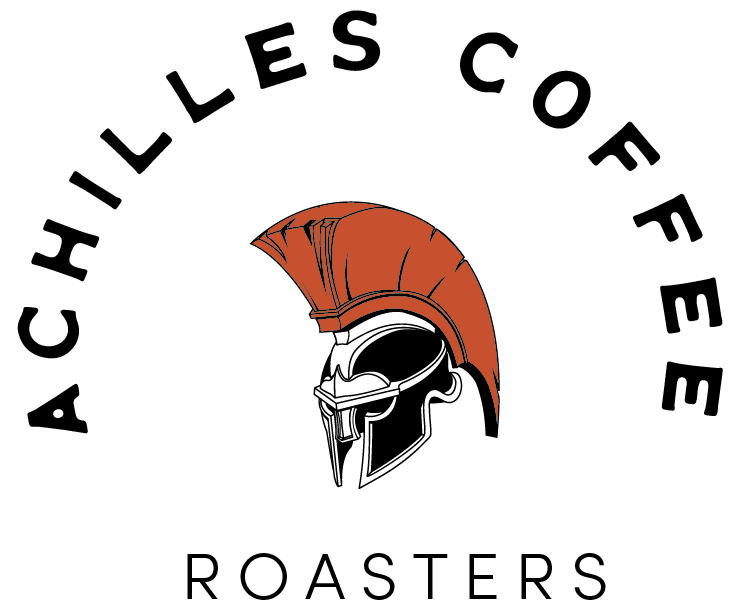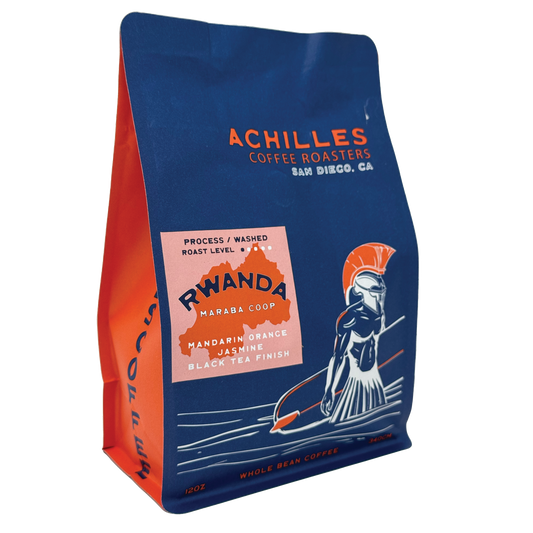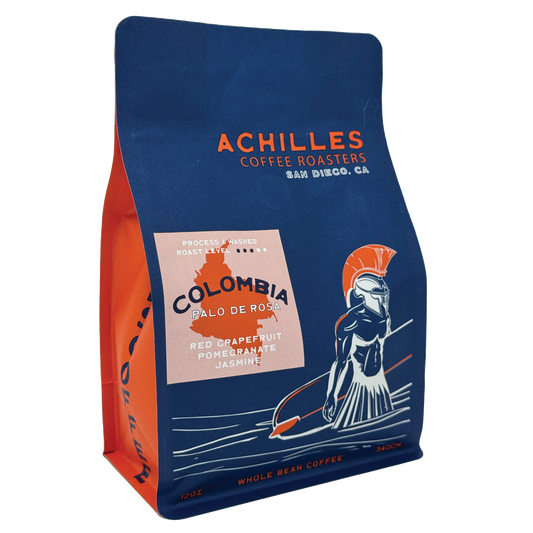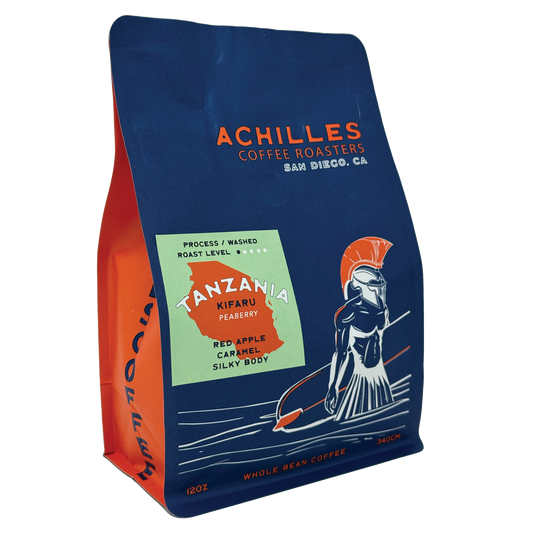Plastic Straws: Coffee’s #1 Pollutant
Chances are that you’ve in some way or another stumbled upon a chilling viral video of a Costa Rican sea turtle getting a 10cm plastic straw pulled out of its nostril. The emergence of the video sparked a stronger movement of activism to ban all single-use plastic products worldwide. Though all single-use plastic products are harmful to our environment, here at Achilles Coffee Roasters, plastic straws, the coffee industry’s #1 pollutant, were the first thing to go.
Plastic Polluter
Straws are everywhere. They’ve become almost second nature in the average American dining experience. Stemming from convenience, straws and single-use plastic products became a huge part of our lives in the 1950s with the emergence of fast food. People initially used paper straws. But, because it’s more easily mass produced and more cost effective, plastic won in the end. In the United States alone, Americans trash about 500 million single-use plastic straws daily. You can only imagine how much of that waste is attributed to the coffee industry, making plastic straws one of coffee’s biggest pollutants.
Mass Business Creates Mass Plastic
But not all is lost. There are numerous foodservice companies and organizations dedicated to creating a better alternative for these tubes of plastic. Over 7% of plastic contaminants in our environment are comprised of straws and stirrers. Of that 7%, the top two brands of straws and stirrers came from Starbucks and McDonald’s. If you walked a mile anywhere in the world and did not see one of those iconic green or yellow and red striped straws littered along the way, it’d be a surprise. McDonald’s, however, is trying to exterminate the things by beginning to carry paper straws upon request at 1,300 of their locations in the United Kingdom. The alternative to plastic straws is made from biodegradable paper with a recyclable paper wrapper. It is in the plans to come statewide once the implementation is fully underway.
Big Coffee Can Take Charge
Starbucks has begun trials of programs like the paper cup charge in the U. K. So, there is no reason why the coffee giant shouldn’t attempt to make a change when it comes to plastic straws. Just the U. S. alone uses enough straws per day to wrap around our planet, Earth, 2.5 times. With numbers like this, changes in larger businesses that act worldwide is vital to truly see change. One farmer is trying to make a change by utilizing excess straw as a material to make straws rather than plastic straws.
San Diego Local Business Takes Charge
To change the majority of the world’s consumption practices will take a lot of effort on an immense scale. However, it is still important to do what you can to support more sustainable alternatives. For small business to take on a feat such as this can be difficult. Paper straws are more expensive than the plastic pollutants that are straws. However, places like Mission Ave Bar & Grill and Blind Lady Ale House have completely gone without straws or gone with the paper. They realize that the cost of the environment is higher than the alternative to plastic. That’s exactly how the staff feels here at Achilles Coffee Roasters. Motivating consumers to do the same considering the damage that coffee’s biggest plastic pollutant has is of utter importance.

Say No to Plastic
As a consumer, you cannot prevent your favorite restaurants and bars to ban the use of plastic straws. However, there are ways in which you can help decrease your usage of the pollutant. People are now starting to carry around their own, personal bamboo, metal or even pasta straws to accompany them on their dining experience. (And they come in all different colors, too.) If you forget your own, just tell the waitstaff to hold the plastic straw. If it’s your favorite coffee shop or diner, maybe drop a suggestion for a better alternative to the plastic pollutant.
Skip the Plastic Straw
It can be daunting to be a conscious consumer and realize your impact on the environment in a world like ours today. Although, a change like eradicating plastic straws, coffee’s #1 pollutant, is a start. This is especially true to being aware of the decisions we make when it comes to convenience.








